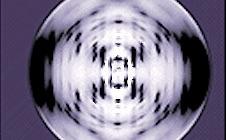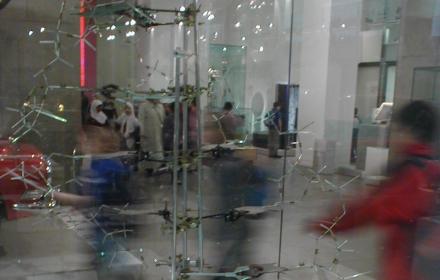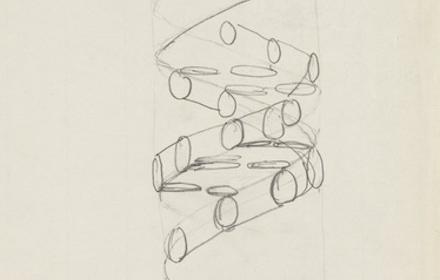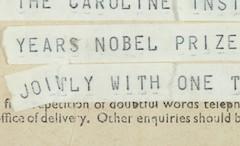The resources on this page guide you through how to apply historical perspectives to enrich a STEM lesson using the 5E instructional model. Using the 5E model can help assure that the history content you have researched is an active and integral part of the lesson, not just an add-on or afterthought.
Historical inquiry can be hands–on, as the many examples below show. Students might recreate a historical experiment or try to solve a real problem that puzzled generations of mathematicians. They could debate or role play as scientists and mathematicians from the past in order to articulate their intellectual positions and explore their social contexts. Analyzing and discussing primary texts and images can also engage curiosity and critical thinking in an interdisciplinary way.
Integrating history doesn’t mean just presenting a chronological list of events or ideas. Instead, historical perspectives should form the basis of an active, inquiry-based STEM lesson that illuminates math and science as a human endeavor. The links below guide you through how to develop a historically-informed 5E lesson to help your students reach a deeper understanding of their subject and motivate them to learn more.
The 5 Es

Engage
STEM history can capture students’ interest and elicit their prior conceptions.
Get Started >

Explore
Historical context can provide a framework for students to puzzle through science and math concepts.
Get Started >

Explain
Perspectives from history can help math and science students make sense of their exploration and provide a context for constructing and justifying their explanations.
Get Started >

Elaborate
History can help students develop more sophisticated understandings of science and math concepts, while connecting knowledge to society and daily life.
Get Started >

Evaluate
Incorporating historical perspectives encourages math and science students to self-evaluate and reflect on what they have learned.
Get Started >
Published Lesson Plans
Many STEM lesson plans that incorporate the history and philosophy of science and math are available online or through your library.